Drone sprayers are emerging as a game-changing technology in modern agriculture, offering innovative solutions for crop protection and management. As agriculture evolves and the demand for efficiency and precision increases, drone sprayers are becoming a vital tool for farmers. In India, where agriculture plays a significant role in the economy and food security, drone sprayers are poised to revolutionize pest management and enhance productivity.
What is a Drone Sprayer?
A drone sprayer is an unmanned aerial vehicle (UAV) equipped with a system for spraying pesticides, herbicides, and fertilizers over crops. Unlike traditional sprayers, which are often ground-based, drone sprayers provide a bird’s-eye view of the fields and offer precise application capabilities. They can be programmed or manually controlled to spray targeted areas, ensuring efficient use of chemicals and minimizing waste.
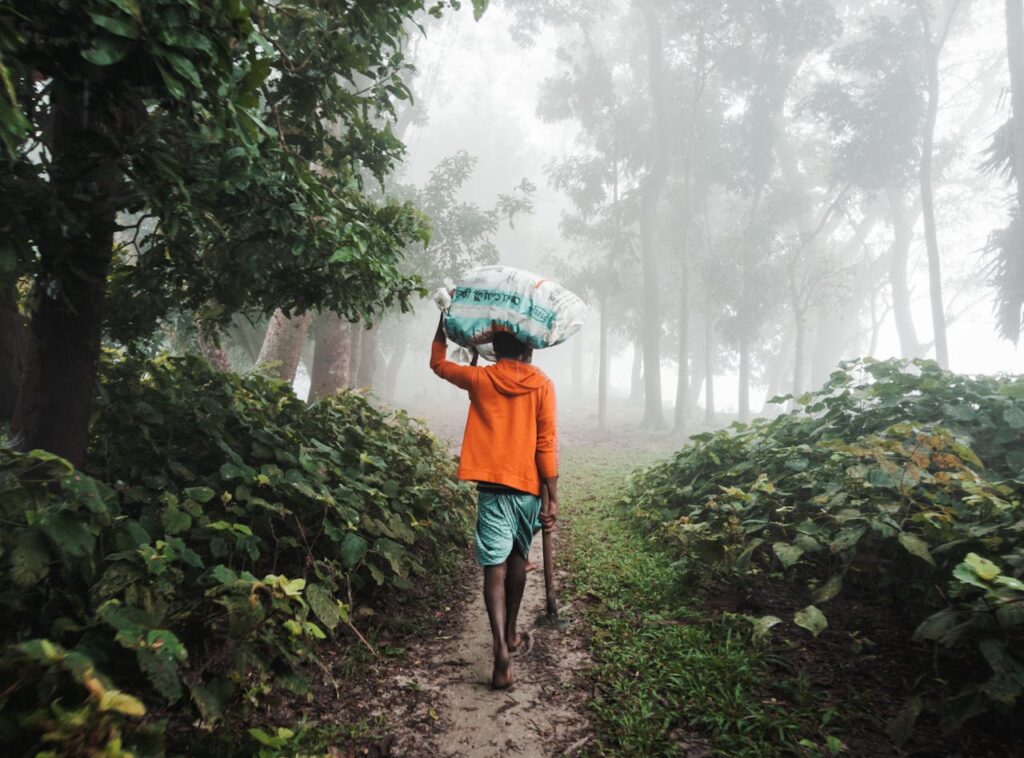
Benefits of Drone Sprayers
Precision and Efficiency: Drone sprayers deliver chemicals with high precision, reducing the risk of over-application or under-application. This precision minimizes chemical waste and ensures that the right amount of pesticide reaches the targeted areas.
Time and Labor Savings: Using drone sprayers significantly speeds up the application process compared to manual methods. Drones can cover large areas quickly, reducing the time and labor required for spraying operations.
Reduced Environmental Impact: By targeting specific areas and minimizing drift, drone sprayers help reduce the environmental impact of pesticide use. They contribute to more sustainable farming practices by limiting chemical exposure to non-targeted areas.
Access to Difficult Terrain: Drones can easily access difficult or uneven terrain that may be challenging for ground-based equipment. This capability ensures that crops in remote or hard-to-reach areas receive proper treatment.
Real-Time Monitoring and Data Collection: Many drone sprayers are equipped with cameras and sensors that provide real-time data on crop health, pest infestations, and application coverage. This data helps farmers make informed decisions and adjust their management practices accordingly.
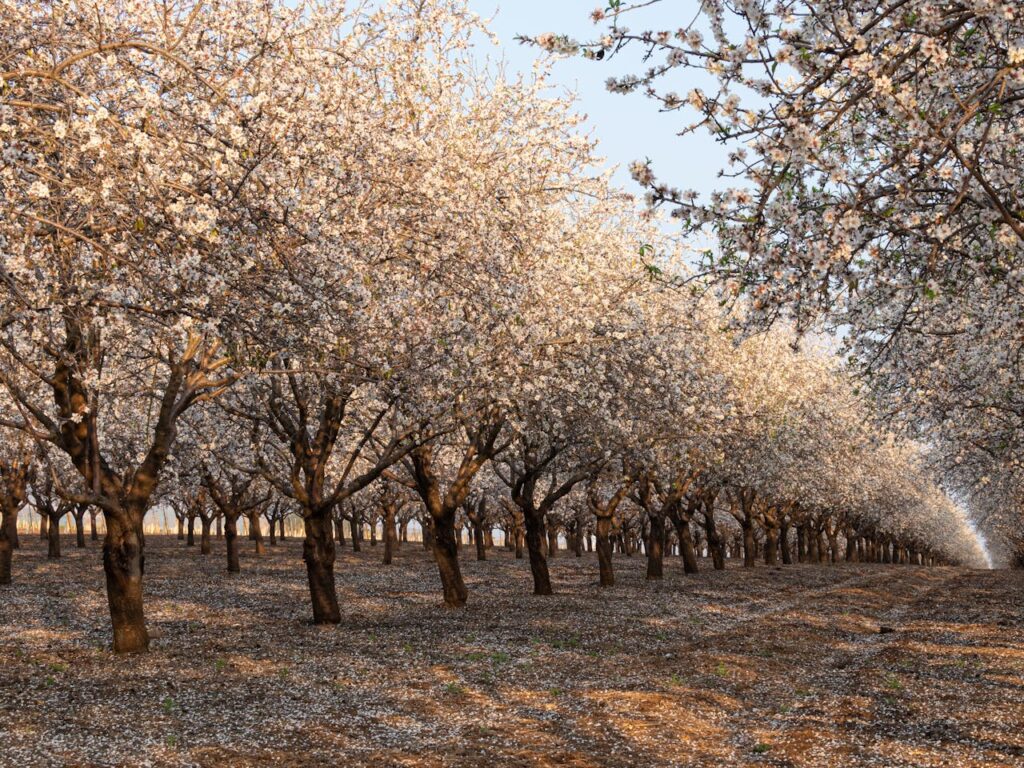
Challenges of Drone Sprayers
High Initial Cost: The purchase and setup of drone sprayers involve a significant investment. While prices are gradually decreasing, the cost remains a barrier for small-scale farmers.
Technical Expertise: Operating drone sprayers requires technical knowledge and training. Farmers need to be familiar with drone operation, calibration, and maintenance to use these devices effectively.
Regulatory and Legal Issues: The use of drones in agriculture is subject to regulations and guidelines set by aviation authorities. Compliance with these regulations is essential to ensure safe and legal operation.
Maintenance and Repairs: Drones require regular maintenance and occasional repairs to ensure optimal performance. Access to spare parts and skilled technicians can be challenging in some areas.
Battery Life and Flight Time: Drone sprayers are limited by battery life and flight time. Large fields may require multiple flights or battery changes to complete the spraying process.
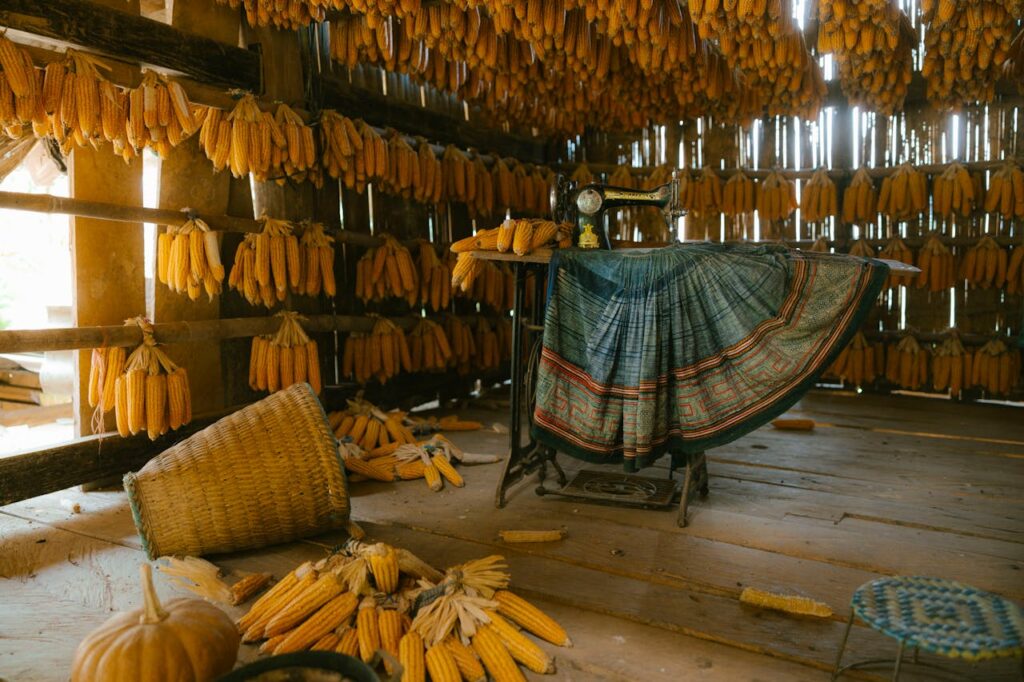
Government Initiatives and Support
The Indian government has recognized the potential of drone technology in agriculture and has taken steps to support its adoption:
Drone Regulations: The Directorate General of Civil Aviation (DGCA) has issued guidelines and regulations for the use of drones in agriculture, including requirements for licensing and operational procedures.
Subsidies and Grants: Various government schemes and programs offer subsidies and financial support for purchasing agricultural drones. These initiatives aim to make drone technology more accessible to farmers.
Training Programs: Government and private organizations provide training programs for farmers on the use of drones and precision agriculture techniques. These programs help build the necessary skills and knowledge for effective drone operation.
Research and Development: The government supports research and development in drone technology and its applications in agriculture. This includes funding for projects that explore innovative uses and improve drone capabilities.
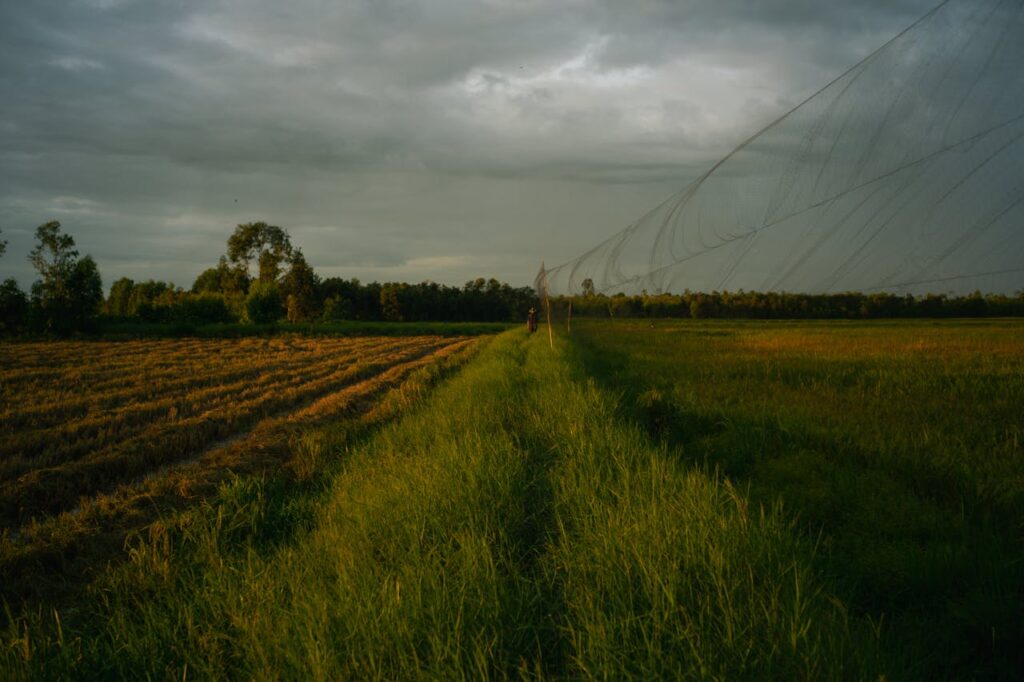
The Future of Drone Sprayers in India
The future of drone sprayers in India is promising, with continued advancements in technology and increasing adoption among farmers. As drone technology becomes more affordable and accessible, its applications in agriculture are expected to expand. Innovations in battery life, automation, and data analytics will further enhance the efficiency and effectiveness of drone sprayers.
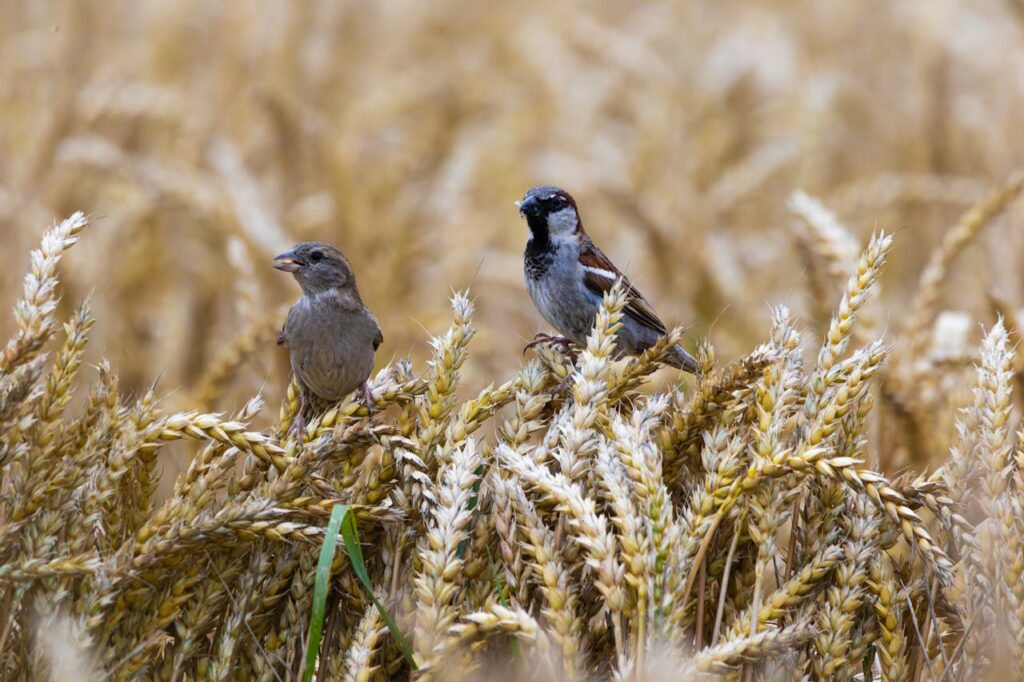
Conclusion
Drone sprayers represent a significant advancement in agricultural technology, offering precision, efficiency, and environmental benefits. While challenges such as cost and technical expertise exist, the potential advantages make drone sprayers a valuable tool for modern farming. By embracing and supporting the use of drone technology, India can enhance its agricultural practices, improve crop management, and contribute to sustainable farming practices.